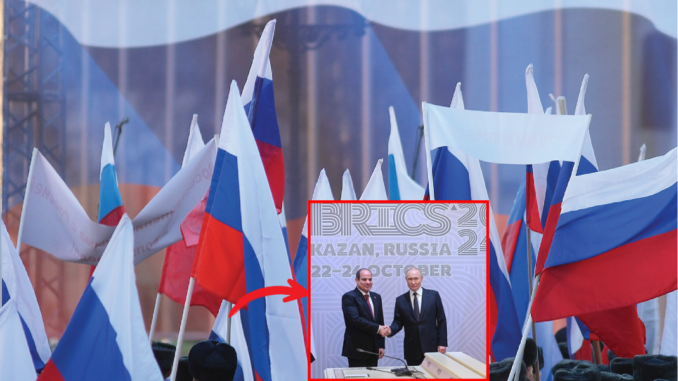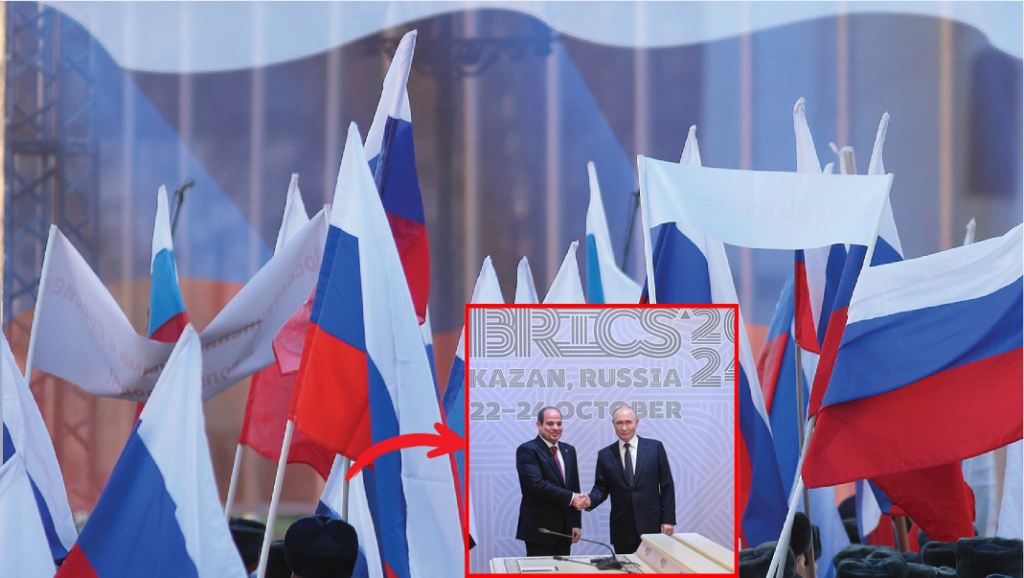
Russia Accuses European Nations of Violating Their Own Democratic Principles
Tensions between Russia and European nations have escalated once again, with Moscow accusing several European countries of failing to uphold the very democratic principles they advocate. In a recent statement, Russian officials criticized what they described as hypocrisy in the West, arguing that many European governments impose restrictions on political expression while promoting democracy abroad.
Allegations of Double Standards
Russia’s accusations stem from various political and legal actions taken by European governments that, according to Moscow, contradict democratic values. The Kremlin has pointed to instances of media censorship, restrictions on political opposition, and crackdowns on protests as evidence of a growing divide between Western rhetoric and reality.
A spokesperson for Russia’s Foreign Ministry stated, “European nations frequently lecture others on democracy and freedom, yet they restrict independent voices and suppress opposition movements in their own countries. This is a clear violation of the principles they claim to defend.”
Crackdowns on Political Movements
One of Russia’s key arguments revolves around how certain European governments have responded to protests and opposition groups. Russian officials have cited cases where demonstrations have been met with heavy police force, journalists have been detained, and political parties have faced restrictions. They argue that these actions undermine the democratic image that European nations present on the world stage.
Moscow has also criticized the handling of right-wing and left-wing populist movements in Europe, claiming that authorities selectively apply laws to silence dissent. “True democracy means allowing all voices to be heard, not just the ones that fit the mainstream narrative,” the Russian statement continued.
European Response
In response, European officials have dismissed Russia’s claims as an attempt to distract from its own domestic issues. Many European leaders argue that their measures are necessary to combat misinformation, extremism, and security threats, rather than an effort to suppress legitimate political discourse.
Some European politicians have also pointed out that Russia itself has faced widespread criticism for cracking down on opposition figures, restricting press freedoms, and imposing heavy censorship on independent media.
The Bigger Picture
The accusations come at a time of heightened geopolitical tensions between Russia and the West, particularly in the wake of ongoing conflicts and diplomatic disputes. While Moscow continues to push back against what it sees as Western hypocrisy, European nations remain firm in their stance that their democratic institutions remain strong despite growing internal challenges.
As both sides continue to trade accusations, the debate over democracy, freedom of speech, and political rights remains at the forefront of international discussions. Whether these criticisms lead to any meaningful dialogue or simply deepen the divide between Russia and Europe remains to be seen.
